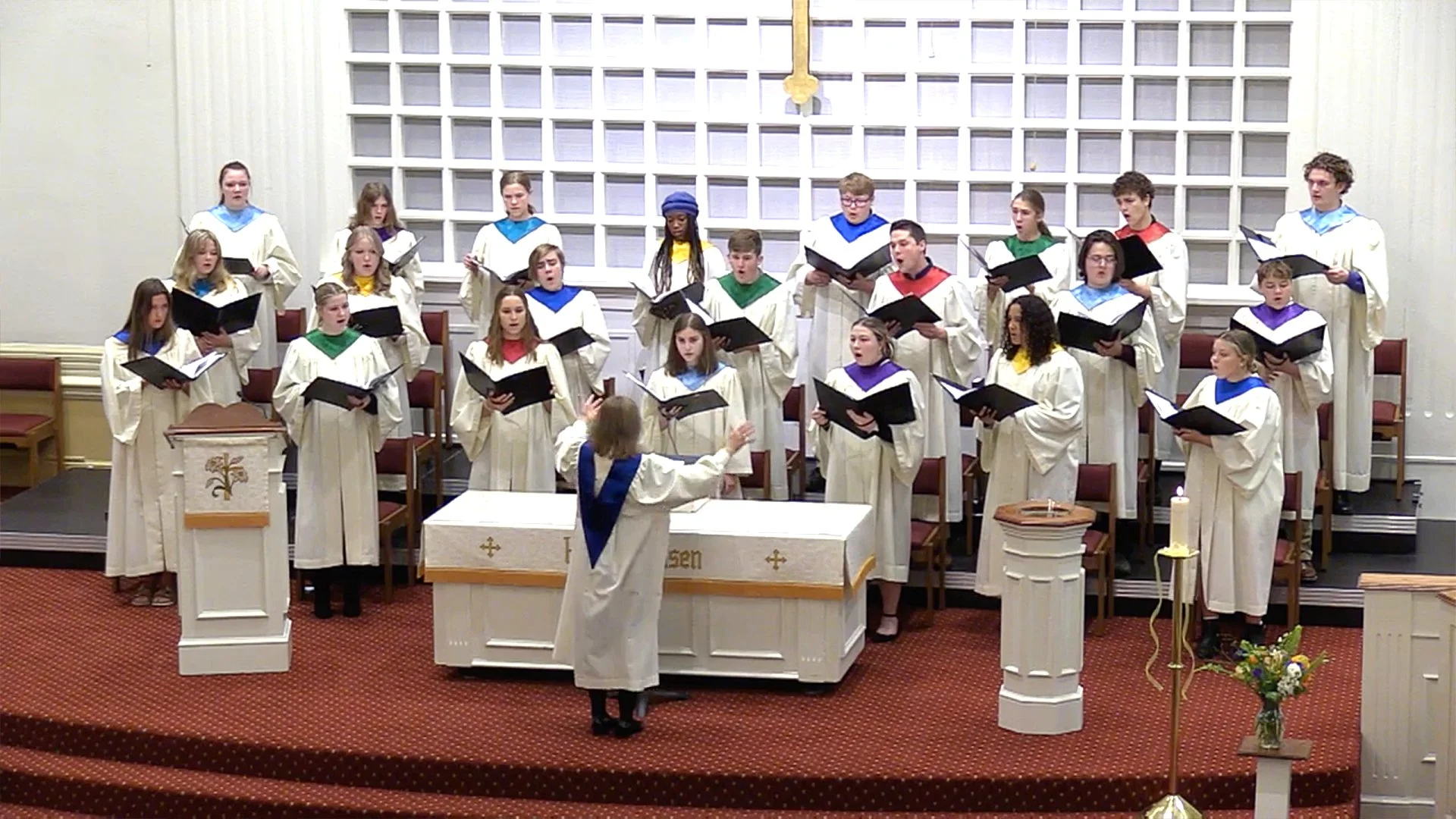Hymn of the Week: January 15, 2024
Rock of Ages, Cleft for Me
Glory to God Hymn: 438
Text Augustus M. Toplady 1776
Music Thomas Hastings 1830
Rock of Ages, cleft for me,
let me hide myself in thee.
let the water and the blood
from thy wounded side which flowed
be of sin the double cure,
cleanse from guilt and make me pure.
Not the labors of my hands
can fulfill thy law’s demands.
could my zeal no respite know,
could my tears forever flow,
all for sin could not atone.
thou must save, and thou alone.
Nothing in my hand I bring;
simply to thy cross I cling;
naked, come to thee for dress,
helpless, look to thee for grace;
foul, I to the fountain fly;
wash me, Savior, or I die.
While I draw this fleeting breath,
when my eyelids close in death,
when I soar to worlds unknown,
see thee on thy judgment throne,
Rock of Ages, cleft for me,
let me hide myself in thee.
Toplady, Augustus Montague,
the author of "Rock of Ages," was born at Farnham, Surrey, November 4, 1740. His father was an officer in the British army. His mother was a woman of remarkable piety. He prepared for the university at Westminster School, and subsequently was graduated at Trinity College, Dublin. While on a visit in Ireland in his sixteenth year he was awakened and converted at a service held in a barn in Codymain.
The text was Ephesians ii. 13:
"But now, in Christ Jesus, ye who sometimes were far off are made nigh by the blood of Christ."
The preacher was an illiterate but warm-hearted layman named Morris. Concerning this experience Toplady wrote: "Strange that I, who had so long sat under the means of grace in England, should be brought nigh unto God in an obscure part of Ireland, amidst a handful of God's people met together in a barn, and under the ministry of one who could hardly spell his name. Surely this is the Lord's doing, and it is marvelous."
In 1758, through the influence of sermons preached by Dr. Manton on the seventeenth chapter of John, he became an extreme Calvinist in his theology, which brought him later into conflict with Mr. Wesley and the Methodists. He was ordained to the ministry in the Church of England in 1762, and in 1768 he became vicar of Broadhembury, a small living in Devonshire, which he held until his death. The last two or three years of his life he passed in London, where he preached in a chapel on Orange Street. His last sickness was of such a character that he was able to make a repeated and emphatic dying testimony. A short time before his death he asked his physician what he thought. The reply was that his pulse showed that his heart was beating weaker every day. Toplady replied with a smile:
"Why, that is a good sign that my death is fast approaching; and, blessed be God, I can add that my heart beats stronger and stronger every day for glory." To another friend he said: "O, my dear sir, I cannot tell you the comforts I feel in my soul; they are past expression. . . My prayers are all converted into praise."
He died of consumption August 11, 1778. His volume of Psalms and Hymns for Public and Private Worship was published in 1776. Of the four hundred and nineteen hymns which it contained, several were his own productions.
If on a quiet sea 446
Rock of ages, cleft for me 279
Hymn Writers of the Church, 1915 by Charles S. Nutter







